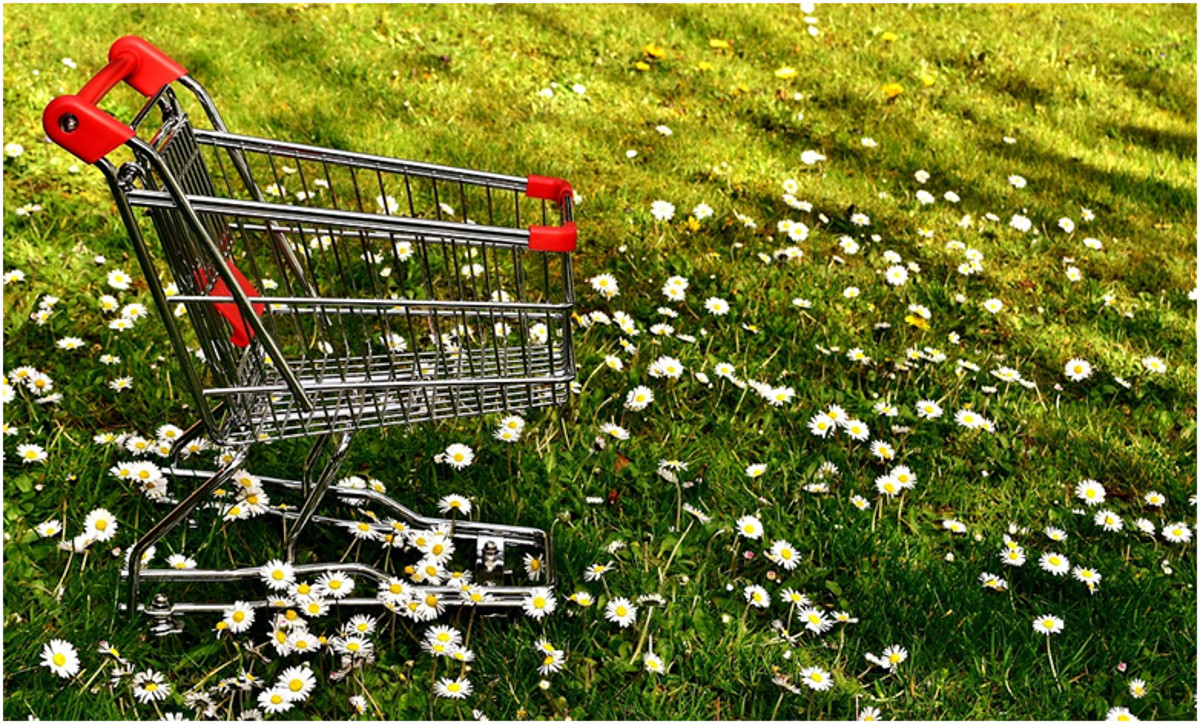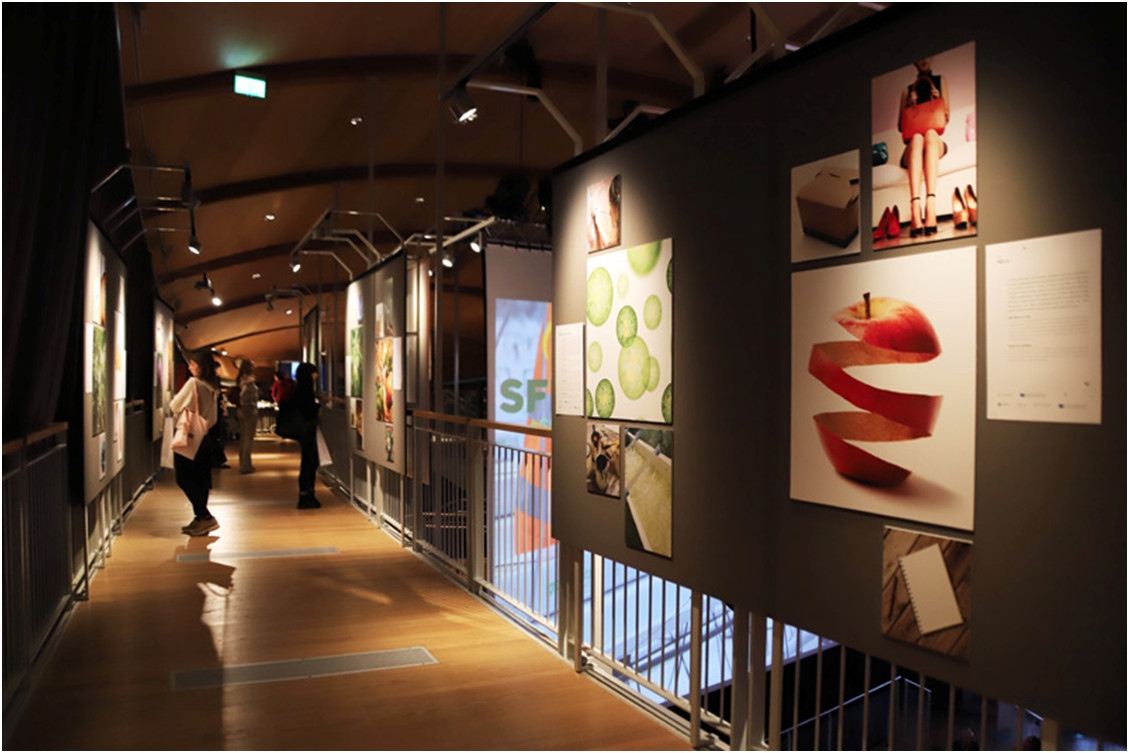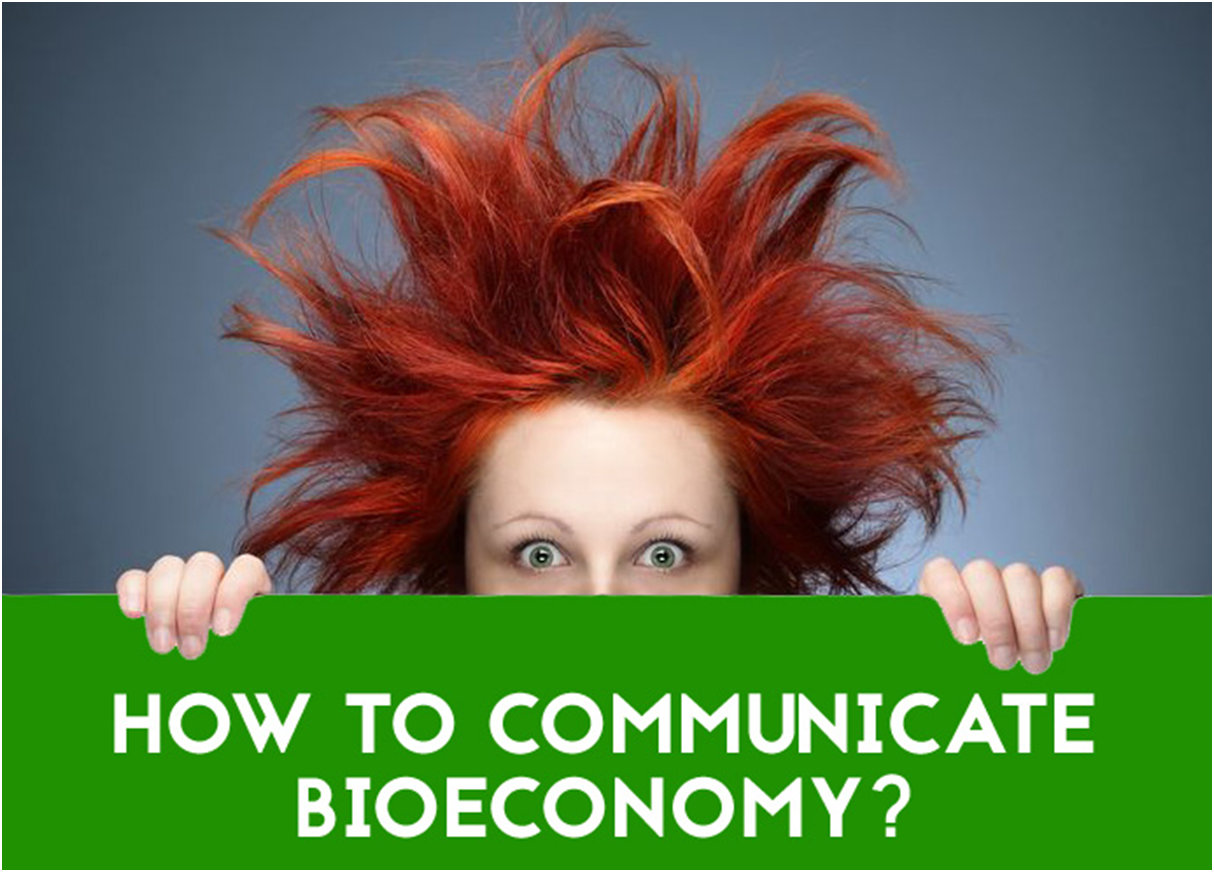The role of communication and education in promoting circular and sustainable bioeconomy

Blog - Published 2.5.2019
The Bioeconomy offers huge potential to tackle societal challenges such as resource efficiency, climate change, maintaining European competitiveness and creation of jobs.
Increasing public awareness and knowledge about all areas of the bioeconomy is a major challenge
Despite the important investments, strategies and action plans implemented at Regional, National and European level, the 2018 revision of the European Bioeconomy Strategy (pdf) declares that “increasing public awareness and knowledge about all areas of the bioeconomy remains one a major challenge, which the European Commission aims to address by supporting communication initiatives to raise awareness of the environmental and socio-economic impacts of the bioeconomy and bio-based products, and its benefits, such as more green jobs.
According to the European Bioeconomy Strategy “Consumers and their behaviour play a major role in the transformation process. As demonstrated by a number of studies, consumer awareness and knowledge are important factors determining responsible consumption behaviour. Additionally, raising awareness is also important to accelerate the implementation of Bioeconomy strategies at national, regional and community level, and also to allow the citizens to have their say and provide their feedback on bioeconomy-related issues, such as through the EU Citizens’ Initiatives tool.”
Need to share experiences in bioeconomy communication
Several initiatives and projects have been funded by the EC and State members to improve consumers’ awareness and knowledge, media and social media are increasingly paying more attention to sustainability themes and the large public is every day more interested and sensitive to these issues.
To design impactful bioeconomy communication, it is important to build on the previous projects and initiatives, share the experiences, learn from successful activities and identify gaps, barriers and areas of improvement. This should be done through mobilisation and mutual learning among stakeholders.
In this context, the workshop “The role of communication and education in promoting circular and sustainable bioeconomy” has been organized to promote the discussion and sharing of best practices and lessons learned through the bioeconomy communication activities.
The workshop will be jointly organized by four HORIZON 2020 projects: BIOVOICES, BioCannDo, Biobridges and LIFT (envisaged start: May 2019), all members of the European Bioeconomy Network which will play an important role in communicating and promoting bioeconomy at local and national level, as stated in the updated 2018 Bioeconomy Strategy.
The workshop will bring together EU-funded projects, European platforms and networks, Member States networks, together with quadruple helix stakeholders (Industry/Investors, Research/ Education, Public administration/Policy Makers, and Civil society) dealing with communication and awareness raising on the circular bioeconomy.
The event will take place on 8 July, as satellite event of the conference European Bioeconomy Scene 2019. The event is hosted by the Ministry of Education and Culture (Meritullinkatu 1, Helsinki – Finland).
The discussion will address questions like: communication formats and channels; multipliers to be involved; messages and arguments to be used (in terms of style, scope, terminology); etc. It will include an operative session that will focus on supporting the updated European Bioeconomy Strategy through communication activities: action plan, synergies and recommendations to maximise the opportunities and impact of bioeconomy communication at national and European level.
It is also expected that the workshop will facilitate the creation of synergies to maximise the opportunities and impact of bioeconomy communication at national and European level.
 The author Susanna Albertini is the contact person for the European Bioeconomy Network (albertini@fvaweb.it). She is actually involved in 3 EU funded projects promoting bioeconomy (BIOVOICES, Biobridges and LIFT).
The author Susanna Albertini is the contact person for the European Bioeconomy Network (albertini@fvaweb.it). She is actually involved in 3 EU funded projects promoting bioeconomy (BIOVOICES, Biobridges and LIFT).
Susanna Albertini is one of the panelists in the European Bioeconomy Scene 2019 -event held in Helsinki on 8-10 July 2018. The European Bioeconomy Network is one of the organizers of the conferences’ satellite workshop “The role of communication and education in promoting circular and sustainable bioeconomy” (8 July – Ministry of Education and Culture – Meritullinkatu 1, Helsinki – Finland – www.biovoices.eu/helsinki)
Read also: European Bioeconomy Network by Susanna Albertini, 2 May 2019
Published on 2 May 2019



